Europe
From the fall of Napoleon to Revolution in Russia and from the rise of Hitler to the fall of the Berlin Wall this period is one of major upheaval in Europe. We see the collapse of monarchies and empires and the changing status of women and working men. This is a time that witnesses the mass displacement of peoples and genocide on a scale never seen before it is also a time that sees changes in medicine and technology that make fundamental changes to our everyday lives. Read more
Sort by:
Date (Newest first) | Title A-Z
Show:
All |
Articles |
Podcasts |
Multipage Articles
-

Introductory Film: Germany 1871-1945
ArticleClick to view -
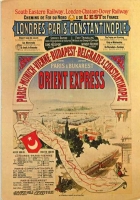
It's Murder On The Orient Express
ArticleClick to view -

Kristallnacht
ArticleClick to view -
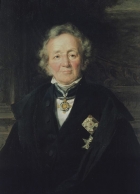
Leopold von Ranke - Pamphlet
ArticleClick to view -
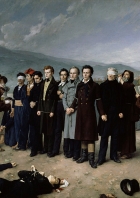
Liberalism in Nineteenth-Century Europe
ArticleClick to view -

Louis, John, and William: the 'Dame Europa' pamphlets, 1870-1871
ArticleClick to view -

Medical aspects of the battle of Waterloo
ArticleClick to view -

Minority rights and wrongs in Eastern Europe in the 20th century
ArticleClick to view -

My Favourite History Place: the Berlin Wall
ArticleClick to view -
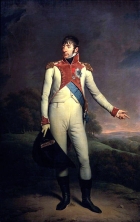
Napoleon III and the French Second Empire
ArticleClick to view -
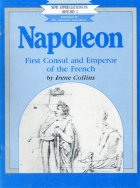
Napoleon: First Consul and Emperor of the French
ArticleClick to view -
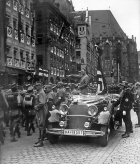
Nazi aggression: planned or improvised?
ArticleClick to view -
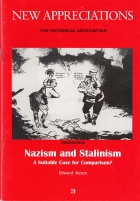
Nazism and Stalinism
ArticleClick to view -

Opposition and Resistance in the GDR
ArticleClick to view -
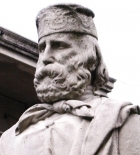
Out and About with Garibaldi
ArticleClick to view -

Personality & Power: The individual's role in the history of twentieth-century Europe
ArticleClick to view -

Polychronicon 135: Post-modern Holocaust Historiography
ArticleClick to view -
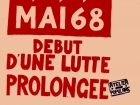
Polychronicon 162: Reinterpreting the May 1968 events in France
ArticleClick to view -
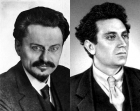
Polychronicon 165: The 1917 revolutions in 2017: 100 years on
ArticleClick to view -

Radiating the Revolution: Agitation in the Russian Civil War 1917-21
ArticleClick to view

